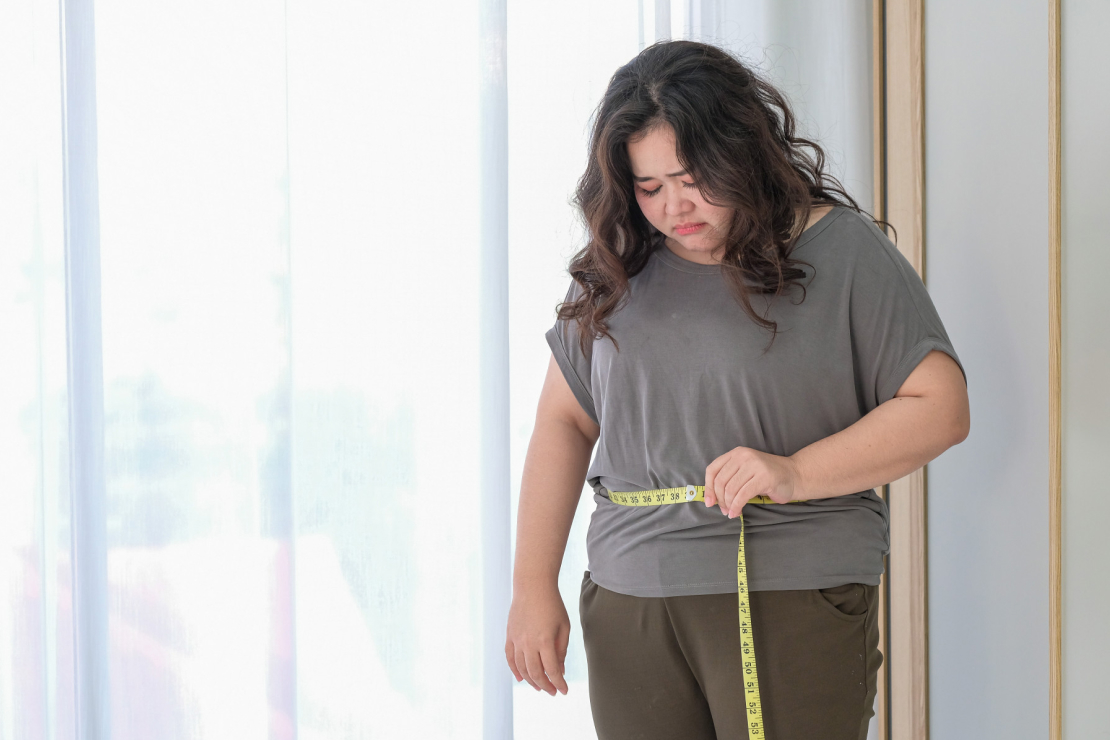Will You Lose Weight Eating 1,200 Calories a Day Without Exercise?
Discover the truth about the 1,200-calorie diet without exercise, including potential weight loss results, risks, and whether it's right for you. Learn how to make it work safely and effectively.

Table of Content
Understanding the 1,200-Calorie Diet Trend
The 1,200-calorie diet has gained significant attention as a potential solution for rapid weight loss, particularly among those who prefer dietary changes over exercise. This approach has become increasingly popular, especially with busy professionals and individuals with limited mobility or exercise options.
What Is a 1,200-Calorie Diet?
A 1,200-calorie diet represents a significant caloric restriction for most adults. It's often considered the minimum safe caloric intake for sustainable weight loss, though this can vary based on individual factors.
| Component | Daily Allocation | Percentage of Diet |
|---|---|---|
| Protein | 60-90g | 20-30% |
| Carbohydrates | 135-150g | 45-50% |
| Fats | 27-40g | 20-30% |
Can You Lose Weight Eating 1,200 Calories a Day Without Exercise?
The simple answer is yes, you can lose weight on a 1,200-calorie diet without exercise, primarily due to the creation of a caloric deficit. However, the effectiveness and sustainability of this approach depend on several factors:
Understanding Caloric Deficit
- Basic Metabolic Rate (BMR)
Daily calories needed for basic bodily functions
- Total Daily Energy Expenditure (TDEE)
Total calories burned including daily activities
- Caloric Deficit
The gap between calories consumed and burned
- Fat Loss Mechanics
How your body utilizes stored fat for energy
Expected Weight Loss Results
Weight loss results on a 1,200-calorie diet can vary significantly based on individual factors:
| Timeframe | Typical Weight Loss | Influencing Factors |
|---|---|---|
| Weekly | 0.5-2 pounds | • Starting weight • Metabolism • Adherence to diet |
| Monthly | 2-8 pounds | • Consistency • Body composition • Hormonal factors |
| 3 Months | 6-24 pounds | • Lifestyle changes • Metabolic adaptation • Overall health |
Is 1,200 Calories Too Low for You?
While 1,200 calories can work for some individuals, it may be too restrictive for others. Here are key indicators that this calorie level might be too low:
- Physical Warning Signs
Fatigue, dizziness, hair loss
- Mental Health Impacts
Irritability, poor concentration
- Performance Issues
Decreased work/study efficiency
- Physiological Changes
Irregular menstruation, cold sensitivity
Risks of Eating Too Little Without Exercise
A 1,200-calorie diet without exercise can pose several health risks:
- Metabolic Slowdown
Reduced BMR by up to 20%
- Nutrient Deficiencies
Particularly in vitamins and minerals
- Muscle Loss
Up to 25% of weight loss from muscle
- Psychological Impact
Increased risk of disordered eating
Making a 1,200-Calorie Diet Nutrient-Dense
If you choose to follow a 1,200-calorie diet, focus on maximizing nutrition:
Sample Daily Meal Plan
- Breakfast (300 calories)
Greek yogurt, berries, nuts
- Lunch (400 calories)
Lean protein, vegetables, whole grains
- Dinner (400 calories)
Fish/chicken, complex carbs, leafy greens
- Snack (100 calories)
Fruit or protein-based snack
Adding Light Movement
While this diet focuses on weight loss without exercise, some light movement can enhance results:
- Daily Walking
10-15 minutes, 2-3 times per day
- Gentle Stretching
Morning and evening routines
- Household Activities
Cleaning, gardening, standing more
- Basic Mobility
Joint rotations, light yoga
Who Should NOT Try a 1,200 Calorie Diet
This diet is not suitable for everyone. The following groups should avoid it:
- Athletes and Active Individuals
Insufficient fuel for performance
- Pregnant/Nursing Women
Increased caloric needs for baby/milk production
- Growing Teenagers
May impair development
- Those with Medical Conditions
Diabetes, eating disorders, thyroid issues
Is It Sustainable? The Final Verdict
While a 1,200-calorie diet can lead to weight loss, its long-term sustainability is questionable. Consider these factors:
Pros
- Quick initial results
- Simple calorie tracking
- No exercise required
- Clear structure
Cons
- Difficult to maintain
- Risk of nutrient deficiencies
- Potential metabolic slowdown
- Social limitations
Frequently Asked Questions
Can I lose belly fat on a 1200 calorie diet without exercise?
While you can lose overall body fat, spot reduction isn't possible. Fat loss occurs throughout the body based on genetics and hormones. Focus on overall fat loss rather than targeting specific areas.
What happens if I eat 1200 calories a day for a month?
- Typical weight loss: 4-8 pounds
- Possible energy fluctuations
- Initial water weight loss
- Potential metabolic adaptation
Is a 1200 calorie diet safe long-term?
Long-term adherence to 1,200 calories is generally not recommended. It's better suited for short-term use under medical supervision, typically 4-12 weeks maximum.
Can I build muscle on a 1200 calorie diet?
Building significant muscle on 1,200 calories is unlikely due to insufficient energy and protein for muscle synthesis. Focus on maintaining existing muscle through adequate protein intake.
Is 1200 calories enough for women?
- May be suitable for short-term use in sedentary, smaller-framed women
- Generally too low for active women
- Not appropriate during pregnancy or nursing
- Consider individual factors like height, weight, and activity level
The Bottom Line
While a 1,200-calorie diet without exercise can lead to weight loss, it's not a one-size-fits-all solution. Success depends on careful planning, proper nutrient intake, and individual factors. For most people, a more moderate caloric restriction combined with light physical activity may provide better, more sustainable results.
Before starting any restrictive diet, consult with healthcare professionals to ensure it's appropriate for your individual circumstances. Remember that the most effective weight loss approach is one that you can maintain long-term while supporting your overall health and well-being.
Start Your Health Journey Today
Download Macro Tracking AI and take control of your nutrition with the power of artificial intelligence.
Download on App Store

